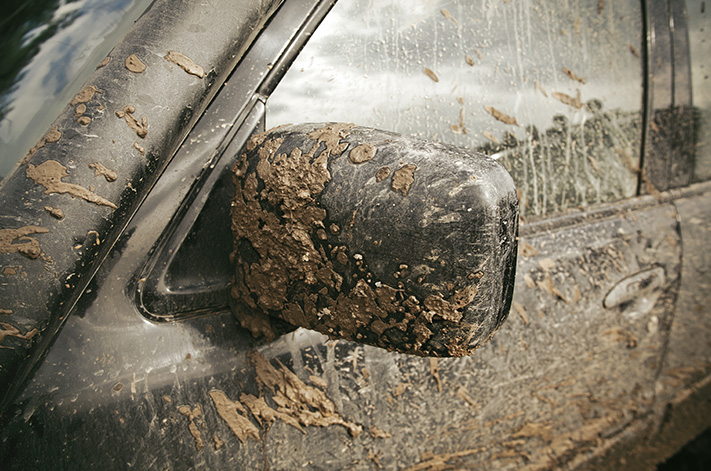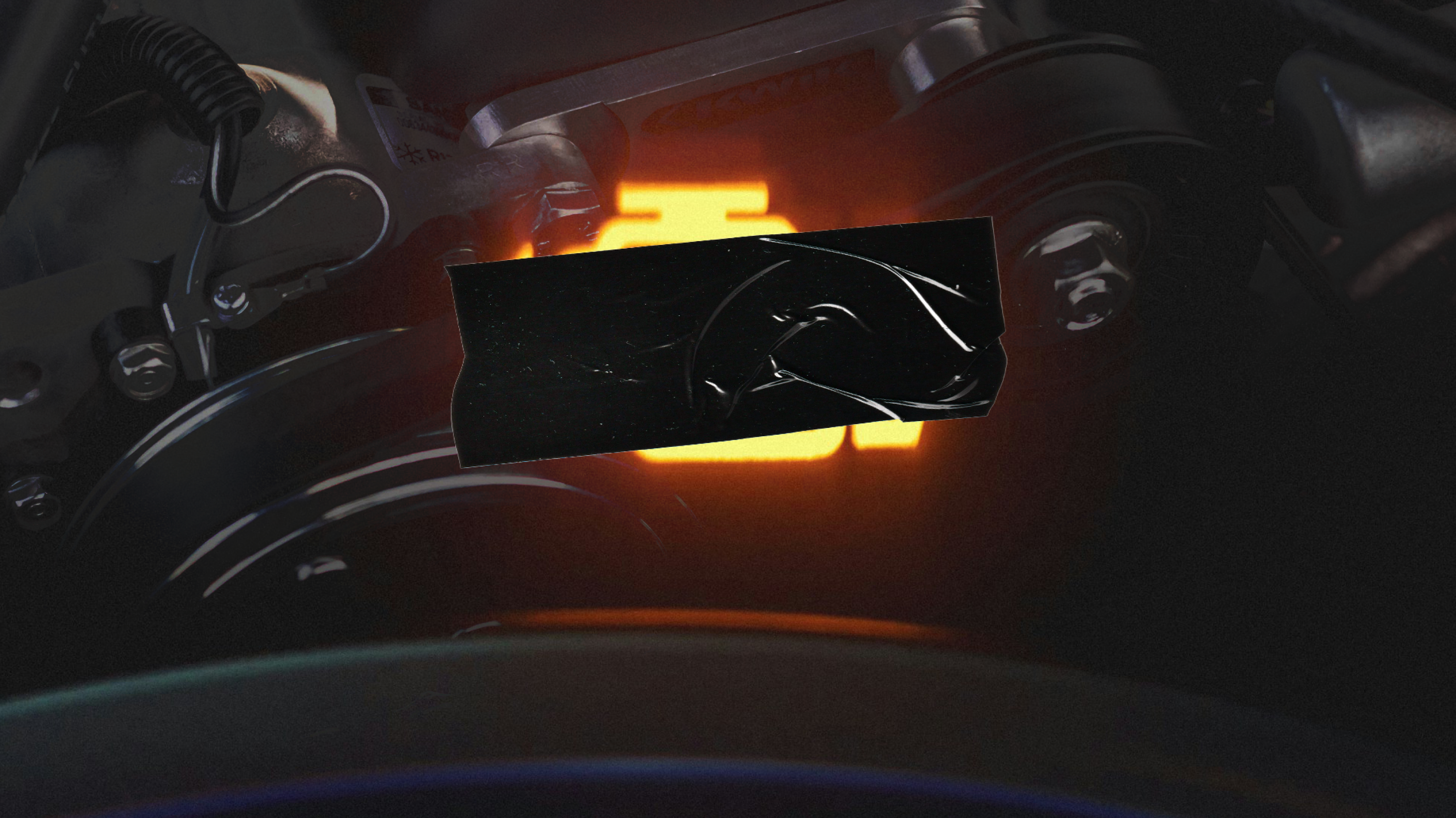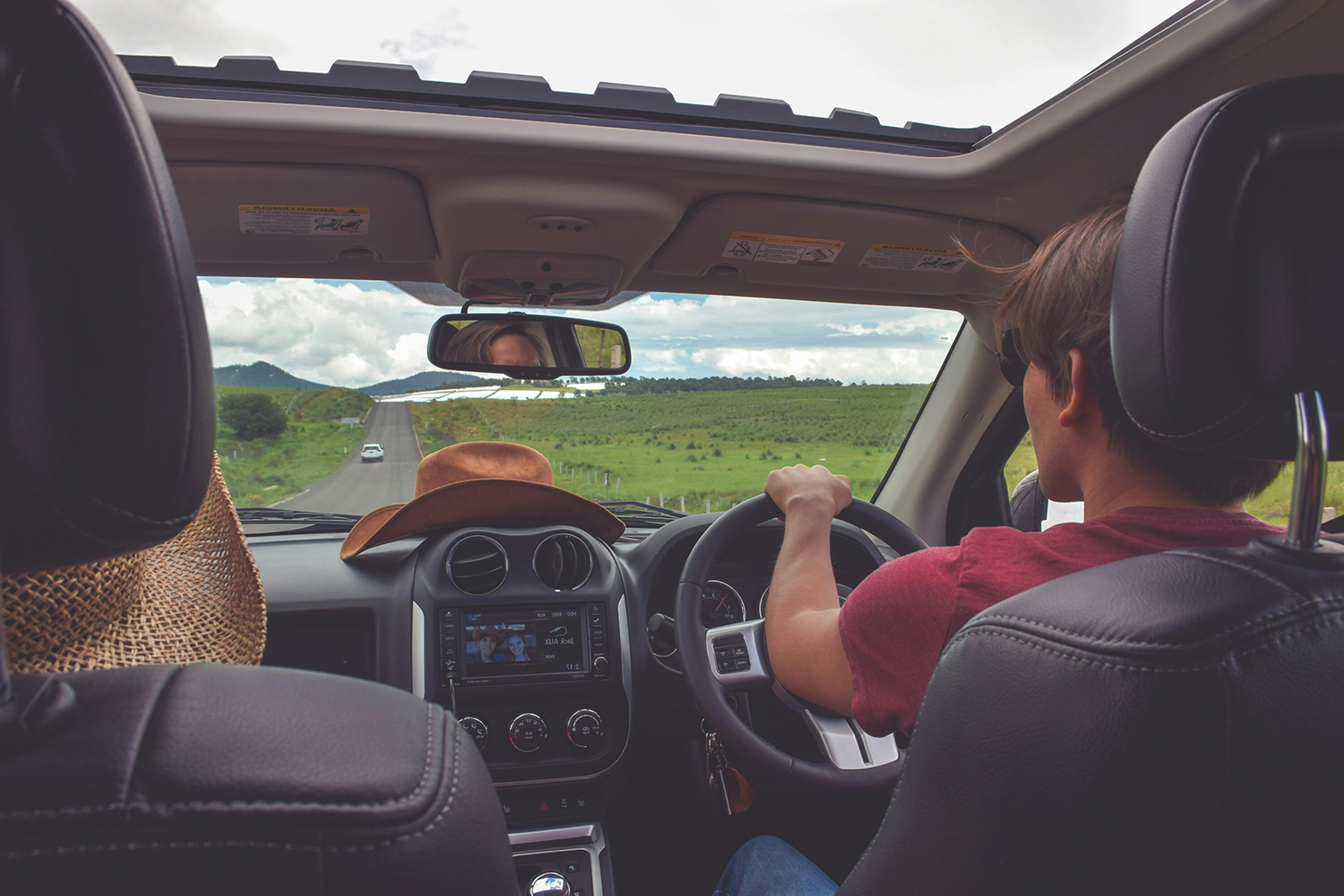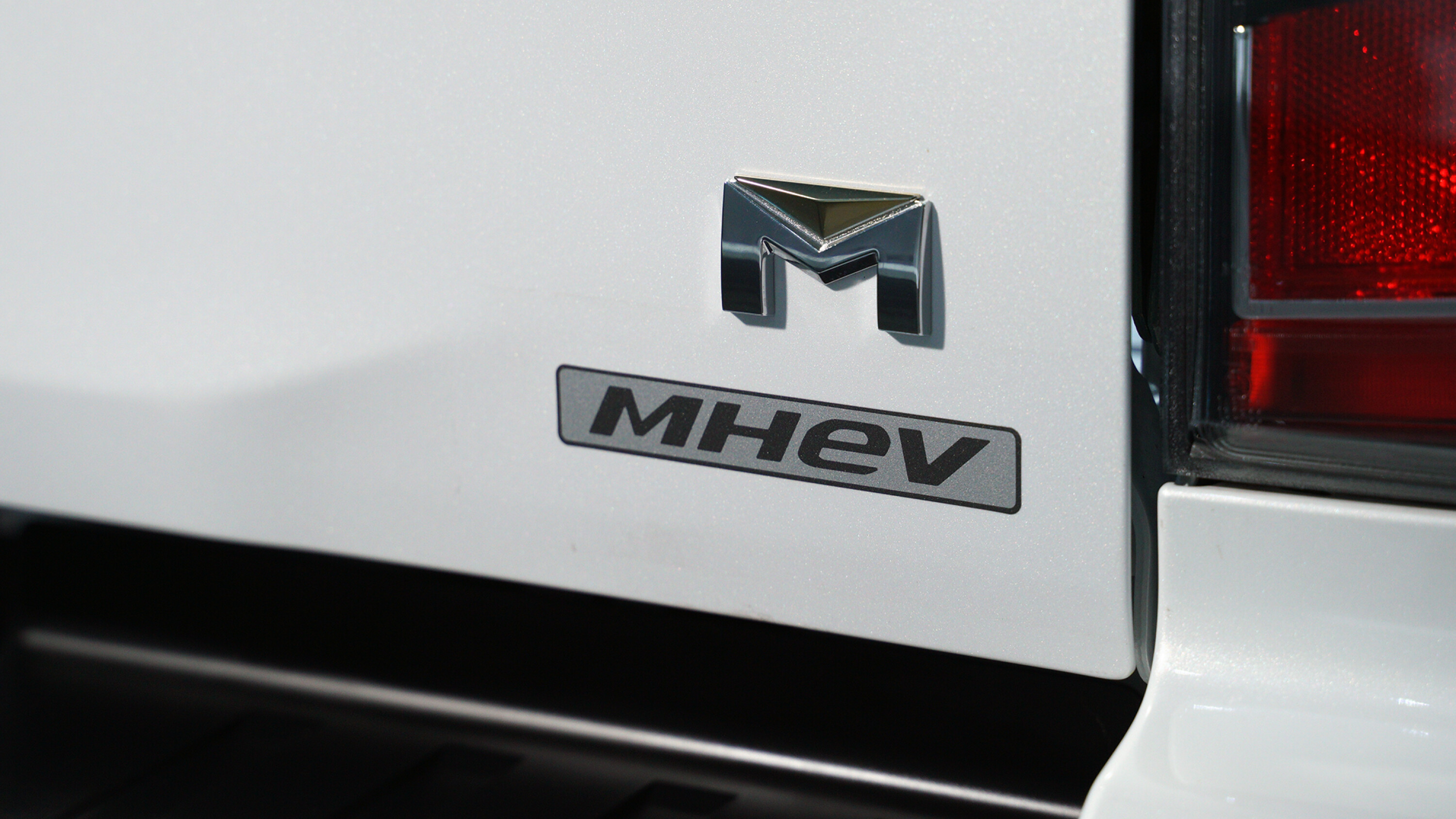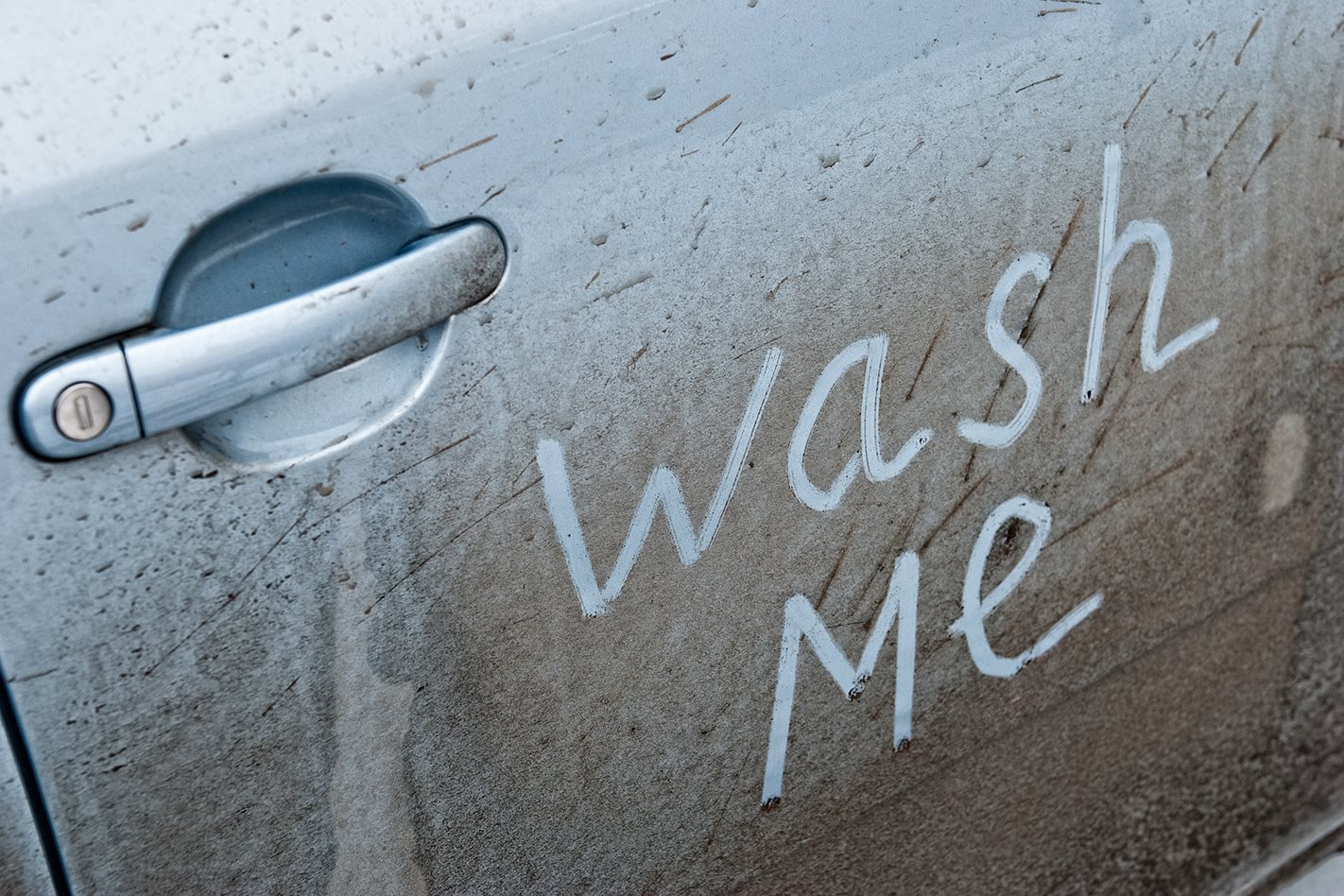
Unless you’re one of those people who enjoy washing their car as much as the rest of us enjoy Sunday brunch, then you’re probably already aware of the damage the outside world can have on your beloved car’s skin.
But for the rest of us, washing a car is akin to the joy of polishing the silverware or ironing hankerchiefs.
Unfortunately, car paint isn’t immune to the environment’s elements, and just like running your clothes through a wash cycle, washing a car can save it from a lot of damage and discolouration.
The most common causes of paint damage are beyond control, and are likely to come in contact with your car every day. And while paint has come a long way, it’s still not possible to full avoid Mother Nature’s wrath.
Here are some of the most common substances that can threaten your car’s shiny paint, and what you can do to avoid destruction.
1. Bugs
If you regularly travel long distances at high speeds in Australia, you’ll know the ‘bug blanket’ that can cover the bonnet of your car. These splattered insects not only look like a scene out of a mash-up between A Bug’s Life and Game of Thrones, but once their lifeless skins dry they can remain imprinted in your car’s paint. Best way to remove them is with a little specialised bug and tar solution.
2. Bird poop
No one really wants to wash bird poop of anything – cars, clothes, or skin. But these ugly droppings can do serious damage to your car’s paint thanks to a bird’s diet, which results in grainy, acidic waste. It’ll dull and stain your paint, and leave a nasty reminder of the time you parked under the berry tree. If you do come back to your car to find a few gifts from the birds, be sure to wash the affected area immediately with some water and a microfibre cloth.
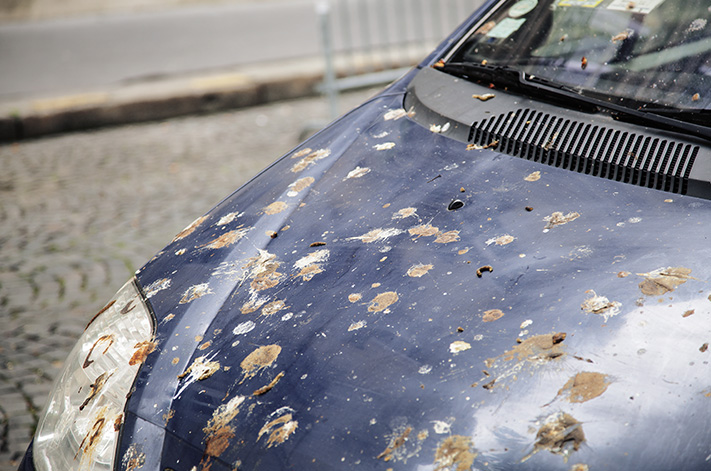
3. Salt water
Living near the beach, or regularly driving a four-wheel drive along the coast will expose a car to salty air that can cause various parts of your car to rust. While a car’s paint is most susceptible to damage caused by abrasive sand, the salt water in the air is most dangerous to the bits underneath the car. If this sounds like it matches your lifestyle, then the best advice would be to regularly wash your car with water.
| Five Australian road trips for Winter
4. Tree sap
This sticky tree goo can eat into your paint and can be tricky to remove. The longer it stays on your car, particularly on warm, sunny days, the more damage it’s likely to cause and the harder you’ll need to scrub to remove it. Over time, the sap will dull your car’s shine, so the best thing to do is wash it immediately. If the sap has made itself at home, then head to a store and buy some commercial sap remover and a microfibre cloth.
5. Petrol
Hopefully fuel is one of those things that rarely comes in contact with your car’s exterior as the life-force of your car’s engine is made to keep its internals running. If it does leak out the fuel cap, though, it can cause the paint to peel, so give it a quick rinse as soon as it happens to avoid any issues.
| How often should you service your car?
6. Sun
Here in Australia, cars are exposed to a lot of sun for most of the year. And just like our skin, your car needs protection. Unfortunately, there’s no SPF50+ cream for your car, so best way to protect the paint is to keep it in the shade as much as possible. If you’ve got a carport, use it. Likewise with your garage – use it for its intended purpose; your car, not your junk. And if you really have no choice but to leave it outside, try and find the shadiest spot possible – which is likely to be under a tree – in which case you’ll probably have to wash it afterwards anyway (see points 2 and 4).
7. Gravel
Driving a car on gravel roads will subject it to damage from stones and rocks. Not only can these nasty little loose stones chip through to the outer layer of a paint job, but they can also dent panels and chip windscreens. While they’re sometimes unavoidable on unsealed roads, keeping a safe distance from cars ahead of you and not driving too fast can help lessen the damage. If you do happen to get a few scratches from these fly-aways, then it’s best to get the scratch treated as soon as possible to prevent the body from rusting.
